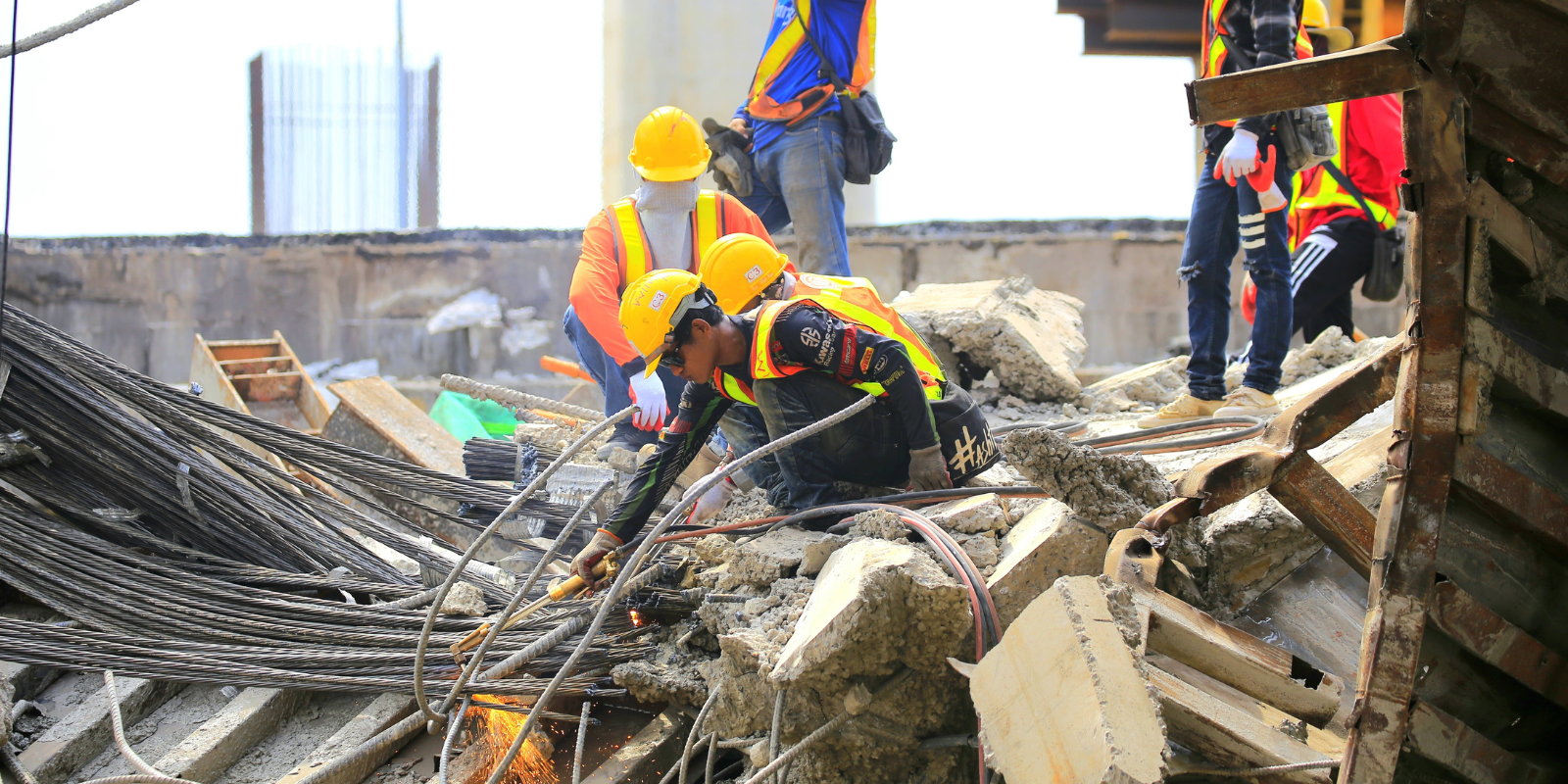What does workplace well-being mean to you? For some people, it may mean free lunch on Fridays or flexible PTO days. For other employees, it might revolve around having a good relationship with their supervisors. But one of the most important aspects of workplace well-being is connection among coworkers, according to the Surgeon General's Framework for Workplace Mental Health and Well-being.
Stress management is important for work teams, especially in today’s fast-paced work environments. As reported by the American Psychological Association (2022), employees with high levels of stress are more likely to miss work or to show lower engagement and commitment while at work, which can negatively affect an organization’s bottom line.
The Well-Being Programs at the CU Anschutz Health and Wellness Center provide teams with opportunities to connect with each other in a more authentic way. The center offered a highly successful program called Caring for the Frontline prior to the COVID-19 pandemic.
Yoga, breathwork or a mocktail happy hour
“Since the pandemic, I think there's been much more of a need for connection,” said Liz Chamberlain, PhD, assistant professor of psychiatry. “Many people felt disconnected with the remote work and isolation that occurred during the pandemic and have expressed the desire to form more connections with colleagues.”
The Well-Being Programs offer greater flexibility and customization for work teams than the center’s previous half-day offerings. They now provide customizable sessions focusing on everything from restorative yoga to breathwork to mindful eating. You can even schedule a healthy happy hour with mocktails or smoothies on the center’s green roof.
Chamberlain runs the mindfulness and stress reduction sessions. She leads a 50-minute session where she teaches about mindfulness, and teams can share their stressors in a safe environment and learn tools to manage some of their stressors differently, she said.
One recent participant said, “Going over stressors was helpful just to get perspective about what other team members face day to day, and that when we all show up to work, we are part of a team and committed.”
Building happy teams by restoring resiliency
The sessions are open to teams both on and off campus. The ideal team size is around 12 people but can be done with teams of any size.
“I think managers and supervisors are pretty good at seeing when their teams are getting worn out,” Chamberlain said as to what signs might indicate a team needs a session. “Maybe dragging their feet more, maybe people complaining more, maybe gossiping more. That can sometimes be a sign, or just low energy or malaise.”
Teams can plan one session, but Chamberlain recommends quarterly sessions to achieve greater benefit.
A session participant said, “For our organization to offer a mini-retreat and offer tools for our mental health is wonderful; for my department to offer this afternoon of wellness says volumes about our team.” Another commented, “This was a personal kick off for me to prioritize myself to help restore some of my resiliency.”




